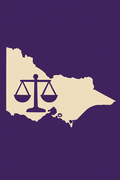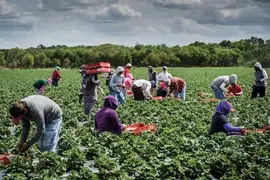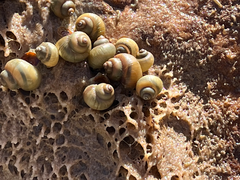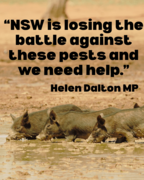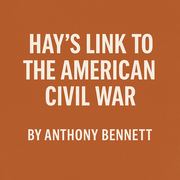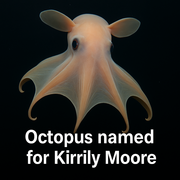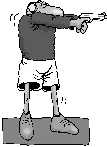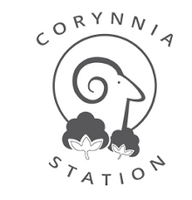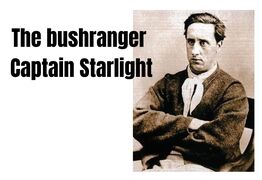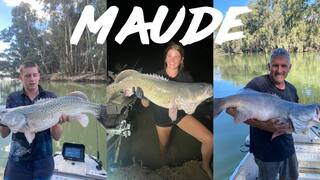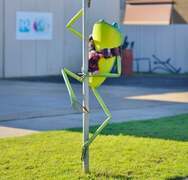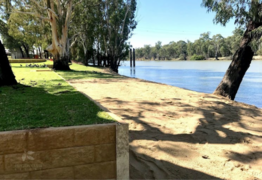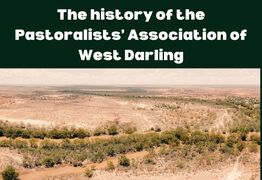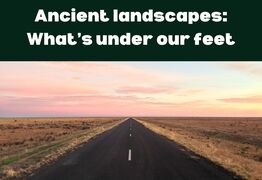Remembering an icon: Mick Beckwith
Tertia Butcher
21 June 2025, 11:00 PM
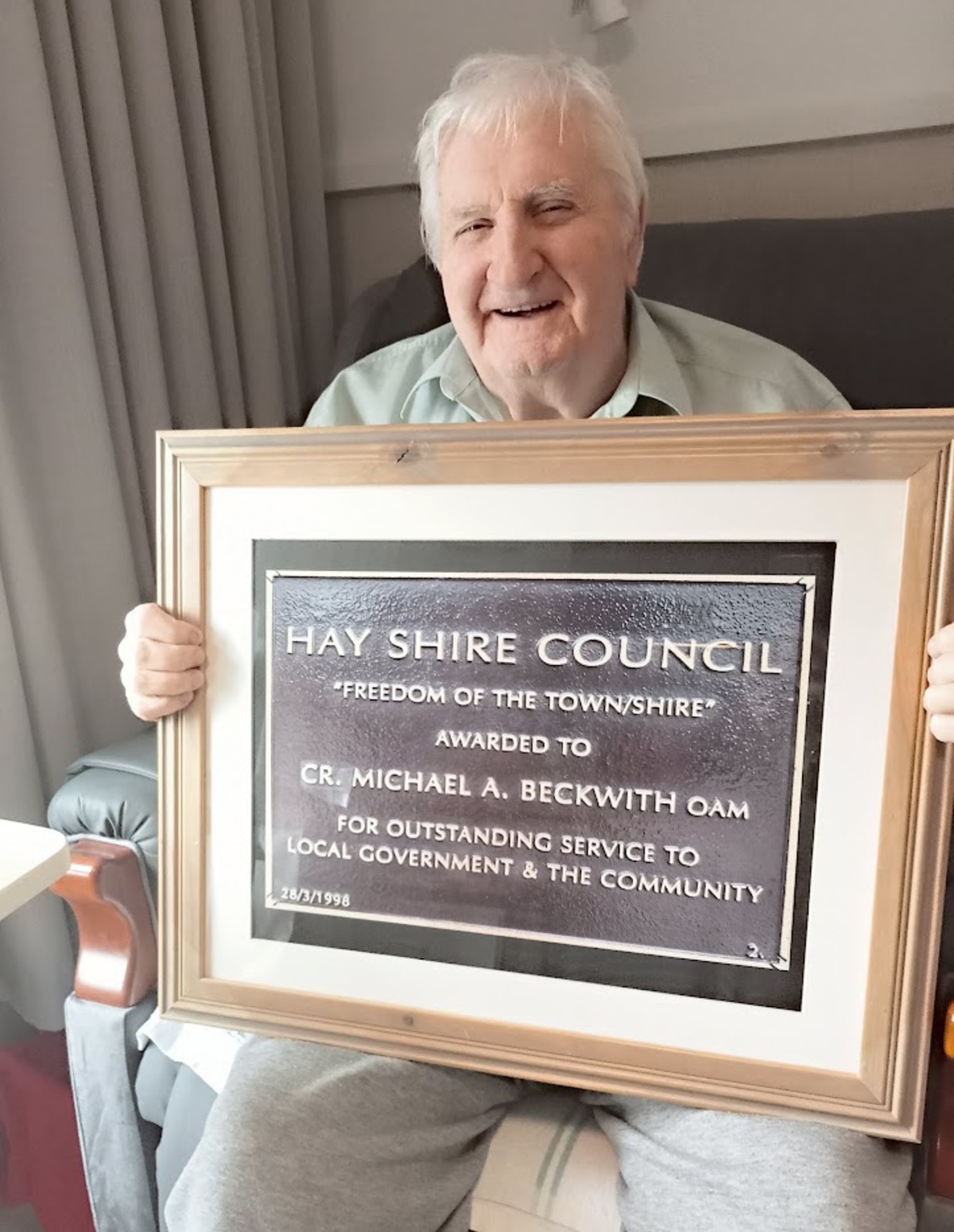
OBITUARY
Michael Beckwith’s earliest memory was when the family lived at the river end of Orson Street, past Hatty Street.
It was a dirt road and Mick remembered as a toddler running down the street with the other kids in the street to the boat at the wharf end.
His was a happy childhood, filled with love and a large family.
The family later moved to Strachan Place, to a house today occupied by David and Margaret Beckwith.
Nearby Beckwith Lane was named after the family, something they are all very proud of.
The Beckwiths are a very big family.
Growing up in Hay, Mick and Alice’s children had 15 Beckwith cousins in Hay, another seven in Deniliquin plus others living further afield.
Mick was one of eight and attended St Mary’ School where he only once got the cane from the scary nuns, and said it was worth it.
It was the day he decided to decorate the convent dog with ribbons to its tail and around his belly and turned it loose into the school.
This caused a lot of amusement and disrupted the classes with all the kids laughing.
As was normal at the time, Mick left school at 14 and got a job at the Lands Office.
His first boss taught him to always be well-dressed, and to remember that they were there to serve the public.
In keeping with that advice, Mick wore a suit to work on his first day, borrowed from Lindsay Kelton.
He always stuck to the ‘well dressed’ theory, and wore a tie all of his life.
A year later, he got a job in another Department in Sydney but that didn’t last very long, and Mick returned to Hay and to his job in the Lands Office.
Mick had an amazing capacity for work, knowledge of the workings of the Crown Lands Act, the workings of Government, an amazing network of politicians and the know-how of how to pull the right strings.
Shortly after returning to Hay, Mick met Alice and they were together for 64 years.
Michael junior came along, and then knew a lot of Ministers and a lot of senior people in the public service as well.
This helped him to get things done as he often knew just who to write or speak to, or call.
Politics became the family’s thing.
Politics is what they talked about. Around the dinner table, while other people might have talked about sports, or what was happening on the farm, they talked about politics.
Fiona six years later. They were a happy family in a happy home.
Michael remembers visiting his father at work in the Lands Office, an amazing workplace where everyone got their work done, and at the same time have a real camaraderie and a lot of humour.
Mick made lifelong friends there. They helped each other and influenced each other and had a great time.
And they learnt that public service was its own reward. Mick ran for Council because he was motivated to step up and do more in the town.
He wasn’t successful on his first attempt but was voted in the second time that he ran. His mentors were Max Lugsdin and Ralph Davies whom he watched and learnt from.
He was also a union man, and was active in the public sector union which represented his workmates.
In those days, the public service had a role for a government coordinator in country areas, set up to assist local people in contacting Government in various ways.
Mick volunteered for this voluntary role and got into it. He would write letters for people on their behalf to their local member or to the relevant Minister.
People came to know that he was someone who could help them with their problem.
It might have been about their welfare situation, it could have been their housing, it could have been a legal problem, or about their immigration case, or might have been seeking a government grant for some purpose.
This was how he became so involved in the lives of so many people. Mick became known around the district as someone who could help people with government business.
He didn’t win every cause, some causes can’t be won, but he won most. Mick later joined the Labor Party, attending all the meetings and rallies and met famous politicians who became his friends.
His connections in the Labor Party, the Union and the Lands Department meant he Mick was very involved in the “It’s Time” campaign in 1972 and was responsible for a lot of activity in the town at that time.
Mick’s involvement in the establishment of both the Hay Gaol Museum and Dunera Museum is well-known. He was a member of 54 local organisations, often as chair, secretary or honorary auditor.
For service to his community, Mick was made a Rotary International Paul Harris Fellow, an honour usually deserved for Rotarians only.
Mick always continued to promote Hay as a place to visit speaking on regional radio or television.
When the news media wanted a story about Hay, they would call Mick to get it. Mick loved his Catholic Religion and served the church in whatever way he could.
He took communion out to people who were sick and when there was no priest, he and Marg Tighe would run the church services.
He also trained to be a funeral celebrant so that he could carry out that role. For many years, Mick was interested in running for State Government.
It was his driving ambition at one time, but changed his mind and decided to focus his life on local Council and on town affairs for the rest of his life.
Mick served as Shire President and later as Mayor of Hay. He had the opportunity to meet The Queen and the Duke of Edinburgh, Charles and Diana, Governors and Prime Ministers, and always talked to them about Hay, always promoted the town.
Mick loved his sports. He played and refereed in basketball, played rugby league and he was a big fan of the Parramatta Eels.
He didn’t like violence. He believed that people should keep themselves under control and behave with dignity.
Mick was not a fan of guns; he had a 22 rifle, but wasn’t really a shooter. After the Port Arthur massacre a rally was held in Hay against the new gun laws.
Mick stood up to speak; they were formulating a message to send to Prime Minister John Howard in pretty harsh language.
Mick wanted them to tone it down a bit and sound more reasonable. In response, he was chased off by a lot of angry men, some of whom got a bit threatening.
The next day one of the men called Alice to say that he didn’t agree with Mick, but he respected him for having that courage to get up in front of an angry room and put an opposing view.
Nothing really scared him; he stuck with his principles without fear. It wouldn’t have mattered how many didn’t agree with him, he would have stared them down.
One of Mick’s proudest moments was when he led the Hay Band down the street on ANZAC Day. Many of his family were band members and the culmination was when he carried the mace and led them on the march.
Another proud moment was when he was presented with his life membership in the Labor Party, the result of 50 years’ membership.
Mick was a very happy person all of the time. He was always in high spirits. Nothing ever got him down.
His eyes were always shining and he was always ready to laugh about something. He had an inexhaustible source of energy and could go all day and half of the night at whatever work was going on.
And after an extremely long day working on the One Tree Races or the Gaol or whatever, he would turn up the next day and start again on another venture.
He was always able to juggle several projects on the go at the one time. His achievements in community life are many.
Things that are taken for granted now - like filtered water in Hay, improvements to Hay Showground, Tidy Towns, The Hay Gaol, Australia Day, Hay Show and Dunera Museum are just some of the causes that Mick fought so hard for.
Mick Beckwith will be remembered by many as Hay’s greatest townsman of all. He had a huge influence on the running of Hay; he was honoured with an Order of Australia Medal and the Freedom of the Shire.
He was the driving force behind Australia Day becoming a National Day of Pride – celebrating the day with Citizenship Awards and parades long before they became fashionable in other parts of the Country.
In his later years Mick suffered from a number of health problems that slowed him down and forced him to withdraw more and more from the public affairs that he once loved to be a part of.
But he was still Mick Beckwith, still smiling, and writing to people in the community from his hospital bed to cheer them along, congratulate or support them.
Mick passed away on May 30 at Hay Hospital, aged 85. He is survived by his wife Alice, children Michael and Fiona and their partners, grandchildren Elle, Steven Mitchell, Luke and Caitlin and his brothers William, George and David and their partners.
NEWS
SPORT
RURAL
COMMUNITY
JOBS
VISIT HAY
VISIT BALRANALD
